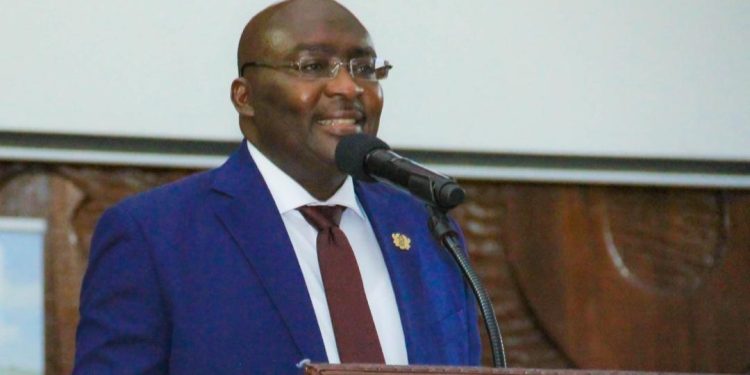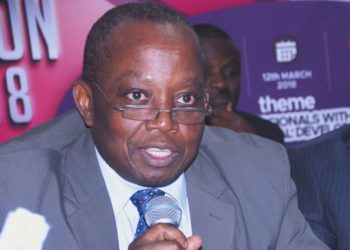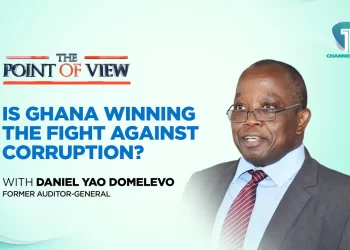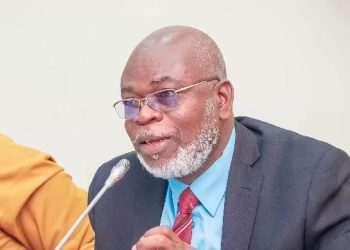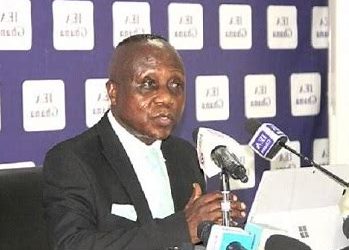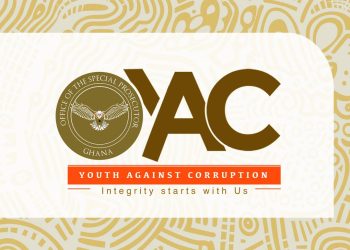Vice President, Dr. Mahamudu Bawumia, has attributed the growing indiscipline and corruption in the country to the inability of successive governments to build strong systems to curb the canker.
He said corrupt practices in both state and private institutions continue to affect Ghana’s revenue mobilisation drive.
Dr. Bawaumia, who was speaking at the 59th Annual Session of the Ghana Baptist Convention in the Ashanti Region, called for collaboration to support the government’s efforts in building systems to check corruption.
“One of the key hindrances in fulfilling God’s purpose is corruption. Corruption inhibits economic growth and affects business operations, employment and investment. It reduces tax revenue and the effectiveness of various financial assistant programmes. It has become increasingly important that nations develop systems that care for all, empower all and minimise the gap between the rich and the poor.”
The most recent Corruption Perception Index released by Transparency International showed that Ghana has failed to make significant progress in its fight against corruption.
Between 2020 and 2021, Ghana maintained its score of 43, which is still below the average, with countries scoring higher viewed as less corrupt and those with the least scores being more corrupt.
As far as fighting corruption is concerned, fewer than 30 percent of Ghanaians believe that people can report corruption without fear of retaliation, which is a decline of four percentage points compared to 2019.
Among key public institutions, the Ghana Armed Forces, religious leaders, traditional leaders, and the courts are the most trusted.
In general, trust in institutions declined between 2019 and 2022, with trust in the presidency declining by 25 percentage points.






